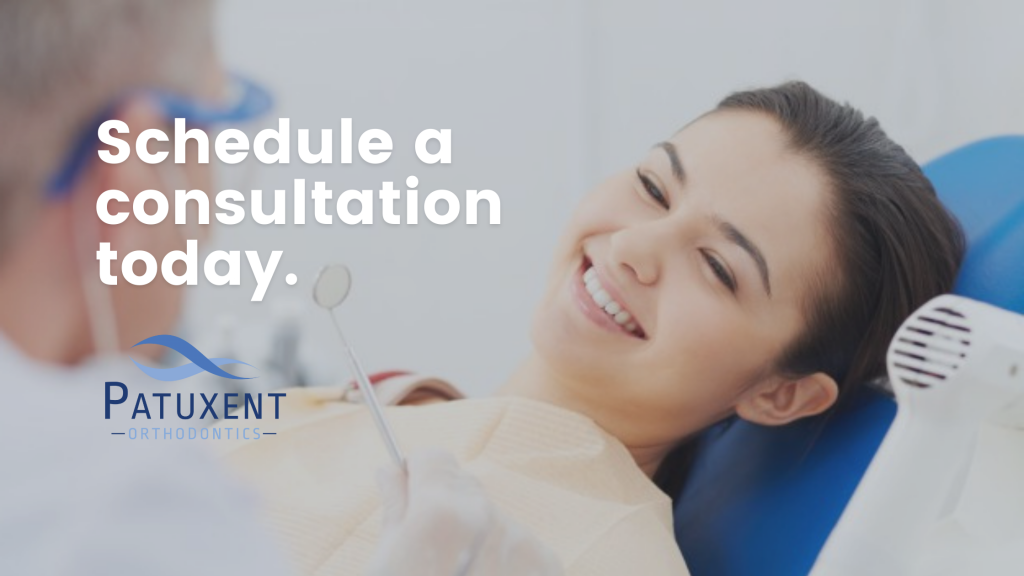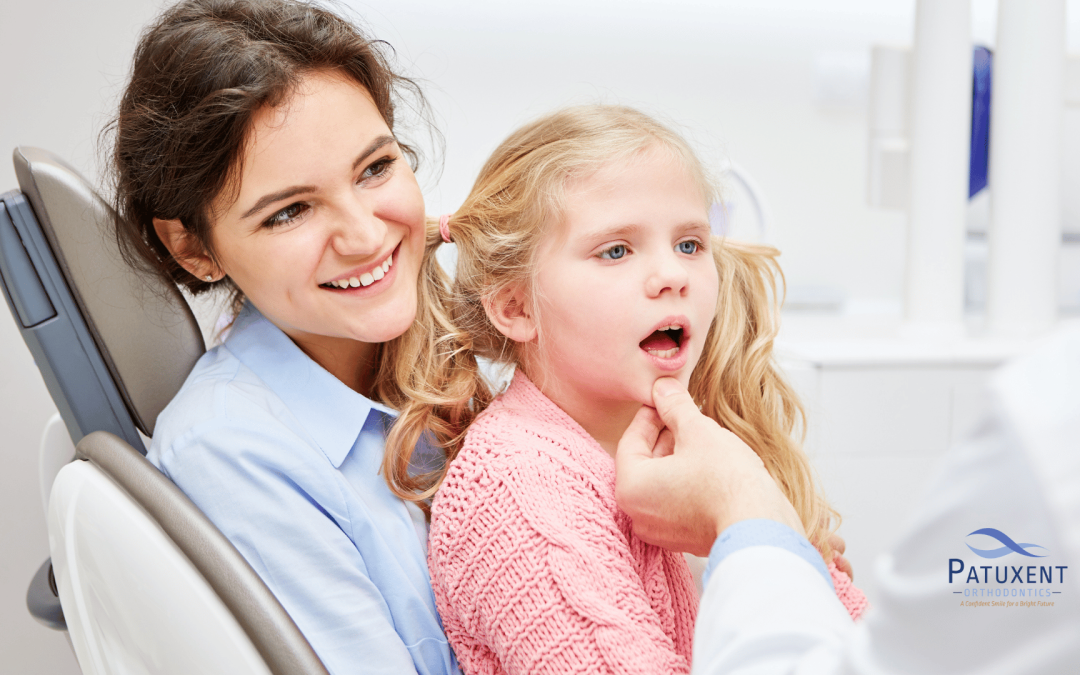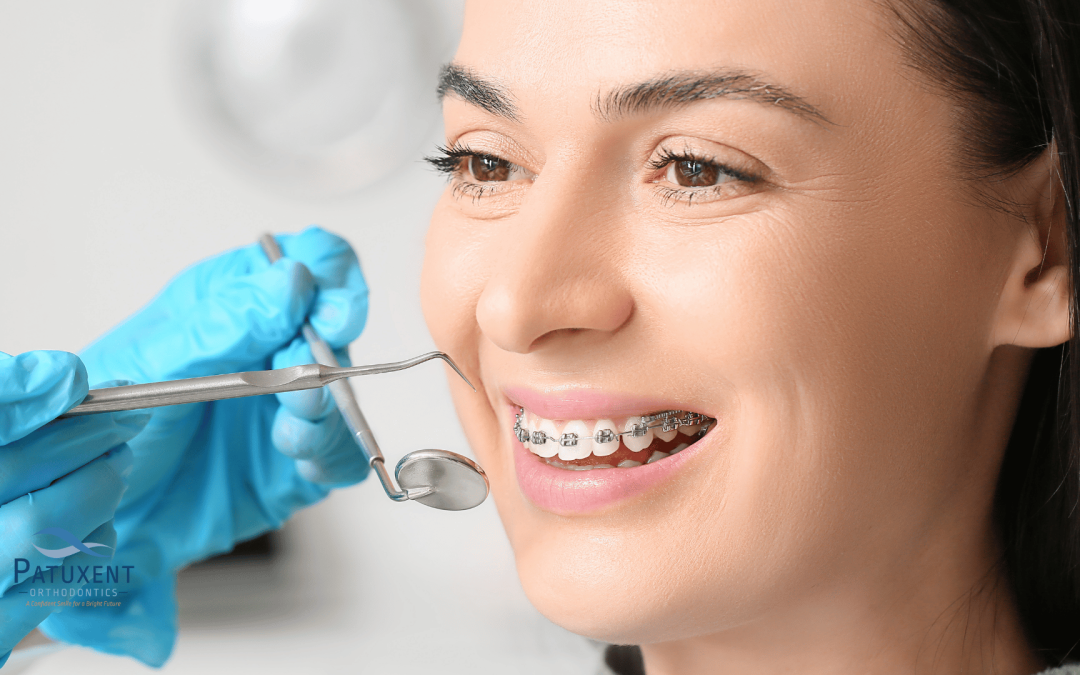Whatever condition your teeth are in before you get braces, you’re used to chewing and biting down on things. After getting braces, you’re forced to disrupt your routine, but somehow you manage to make it work.
You have to deal with the wires, brackets, and rubber bands of traditional metal braces. Their pressure causes your teeth to ache in different places. Thanks to them, your teeth move in the right direction, but in the beginning, they hurt! Therefore, your bite is changing, as well as your ability to bite down completely.
When you wear braces, it can be difficult to bite down as you did before. The braces are meant to help you straighten your teeth, and there are a few things you should avoid while the braces are in place that will ensure they stay in place and do their job.
There will be some discomfort during the first week, especially on the first day. Getting used to all that ‘hardware’ is not easy, but it’s definitely worth it. In the end, you’ll have a beautiful smile and an improved, healthier bite!
Why Do My Braces Hurt When I Bite Down?
Your Braces are Still Settling In
First, the braces are new, so your mouth is not used to the pressure yet. Depending on how your braces are installed, you may need more time to bite down as effectively as previously. Under these new circumstances, your teeth may meet in different places when chewing.
Your new sensitivity may also result from the pressure your teeth exert while chewing anything but soft food. When you bite or grip food, the braces may get in the way, and you may feel like they will snap off.
Your Teeth are Moving
Although it can be uncomfortable initially, soreness from braces indicates that they are doing their job — your teeth are shifting from their current positions in your mouth to other, more advantageous ones.
However, your teeth are reluctant to go quietly, so they must gradually be coaxed to do so. Putting any part of the body under such stress would hurt at first, but the pain will subside as you adjust.
The Alignment of Your Bite is Off
In addition to improving bite misalignments, braces can correct several other dental disorders. An individual’s bite is determined by how their upper and lower jaws meet — the upper and lower teeth should fit together in a healthy bite. But when your bite is misaligned, you may experience overbites, underbites, crossbites, and open bites, which interfere with your normal bite and make it more difficult to bite down completely.
Your Orthodontist Installed Bite Blocks
Orthodontists sometimes need to place bite blocks when top teeth touch lower braces to prevent contact between the two sets of teeth. By doing so, you are protecting your brackets from breaking when you bite down and helping your braces move your teeth when you close your mouth.
Biting and Chewing on Hard Foods
Foods that are hard or chewy become more difficult for you to eat when you have braces. For example, granola bars won’t go anywhere if you can’t bite them down completely, and they may hurt and get messy if you try. So, you’ll need to eat soft foods (e.g., mashed potatoes) for a while or cut your food into small pieces that won’t require much chewing.
Wearing Braces: What to Avoid
Eating the Wrong Foods
You should avoid eating hard, crunchy foods that pressure your upper and lower teeth, such as:
- Chewing ice: Hard, cold foods can break your braces.
- Chewing gum: The mess created by sticky foods like chewing gum will tangle in your braces and cause them to slip.
- Sugary foods and beverages: You may loosen your braces if you consume sugary foods and beverages.
- Food bitten with front teeth: Corn on the cob is an example of a food that can loosen brackets when it is bitten with the front teeth, so you should cut it into small pieces before biting it.
Engaging in Bad Habits
We urge you to stop chewing on pencils, pens, and other objects, as well as nail biting, as your braces can be damaged and broken by them.
The way you respond to stress will need to change. For example, some teens and adults still thumb suck, which may result in teeth shifting out of alignment when wearing braces.
Whether you have braces or not, smoking and chewing tobacco are terrible for your teeth. With braces, the stain-causing particles are trapped, worsening the discoloration caused by tobacco. In addition, you run the risk of gum disease, sore throat, and even cancer.
Chipped teeth and damaged braces can result from using your teeth as tools. Choose a healthier approach to opening those stubborn bags and bottles!
Taking Your Orthodontic Dental Care for Granted
Maintaining your orthodontic appointments and caring for your teeth are especially important when you have braces. Food particles and bacteria can easily become trapped in braces, causing all sorts of health problems, including tooth decay and gum disease, if left in place.
For your orthodontist to detect any problems before they become serious, they must ensure that your teeth are moving into place as expected. Don’t miss your appointments!

Let Patuxent Orthodontics Get You Started!
Contact Patuxent Orthodontics if braces are the solution to your dental woes. Whether you want to learn more about the benefits of orthodontic treatment or simply have questions about the process, use our live chat or call (240) 802-7217 or send us a message through our Contact Us page to connect with our friendly staff today and book a free consultation! Our office, located at 44220 Airport View Dr., Hollywood, MD 20636, proudly serves Maryland’s Patuxent area, as well as the Greater Washington DC area. So, if you’re residing in California, Lexington Park, and Great Mills and are looking for one of the best orthodontists in MD, don’t hesitate to visit our office! We also invite you to keep up with our blog to get answers to many of the frequently asked questions about maintaining sparkling oral health and follow us on Facebook and Instagram to become a part of our smiling community!











